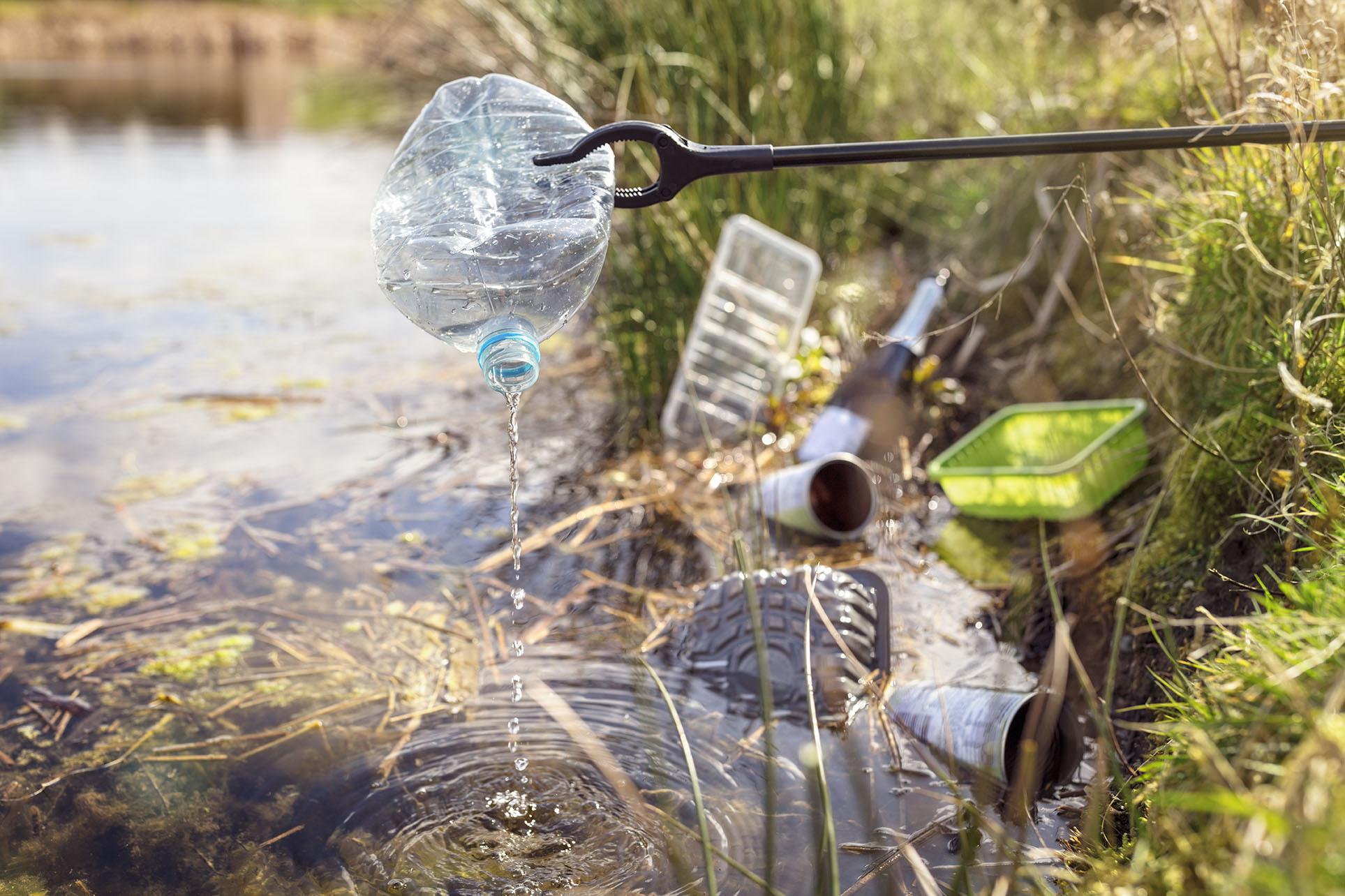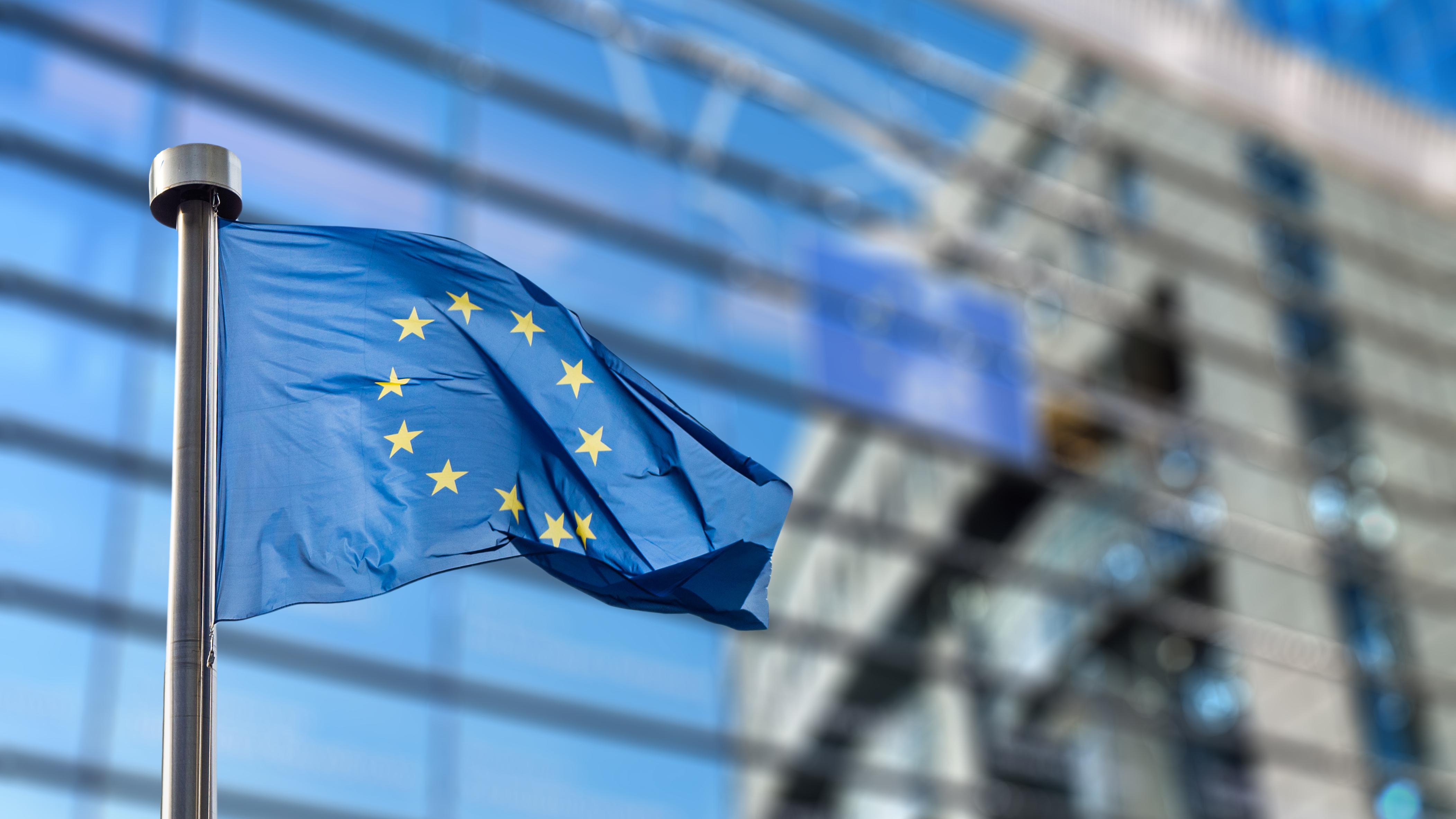
Vision of the future
Heading for broader social responsibility
As the facilitator of the circular economy, we help the public, companies and authorities to deal with materials more sustainably. Together with our members, we fulfil an important social role. All the signs are that this role will broaden in the coming years. Cooperation will be crucial here. Only by involving all parties in the ecosystem and allowing them to play their role to the full can we further perpetuate the success of the circular economy in Belgium.
This social role is nothing new. When Fost Plus was set up in 1994, the Belgian business world took the lead in recycling packaging waste. This was prompted directly by the introduction of producer responsibility, when companies became responsible by law for the sustainable processing of the packaging that they put on the market.
"Our activities are more socially relevant than ever. With every piece of packaging that we recycle, we save CO2 and avoid the need to extract new raw materials."
However, it soon became clear that Belgian companies wanted to do more than simply fulfil their legal obligations. Thanks to the blue PMD bag, Belgium even became an example for the recycling of household packaging, with outstanding recycling figures and high public participation.
Beyond our duty
Since then, together with our members we have proved several times that we are not afraid to assume our responsibility. Our field of operation had broadened substantially in the past few years, for instance, from door-to-door collection to selective collection in companies, at events and in other out-of-home environments. With the aim of achieving maximum packaging collection and recycling.
And we didn’t shy away from our responsibility in the fight against litter, either. Through cooperation with Mooimakers, Be WaPP and the Brussels Region, we have undertaken many fine projects which continue to contribute towards bringing about a lasting change in behaviour. One example is the Grand Nettoyage (Great Clean-up) in Wallonia. With the Click, we reward members of the public who do the right thing and offer towns, cities and communes an extra tool in their litter policy.

Owing to the recent expansion of producer responsibility, our members are now responsible for the clean-up costs incurred by litter caused by their packaging. Here too, we plan to assume our producer responsibility role to the full by playing an active part on the ground alongside everyone involved to ensure a cleaner public environment.
More than just recycling
Meanwhile the world is moving on. Sustainability is higher on the agenda than ever and the fight against global warming is without any doubt the biggest challenge facing us today. The public and governments expect businesses to assume their responsibility as well – and rightly so.
Fost Plus plays an important role here. With every piece of packaging that we collect and recycle, we save CO2 and avoid the need to extract ever-scarcer raw materials. Recent geopolitical developments have increased the importance of the circular economy still further, now that Europe wants to reduce its dependence in terms of energy and raw materials.
Recycling is, of course, just one aspect of the circular story. That appears to the direction indicated by the European Commission, too, with its new proposal for the Packaging and Packaging Waste Regulation (PPWR). The emphasis here is shifting from recycling to prevention and reuse. The proposal also contains concrete and ambitious goals in this field that pose huge challenges for our members – as well as many other sectors, including hospitality.
We are convinced that with Fost Plus we can play a pioneering role here, too. For example, there is a need for large-scale, economically feasible collection systems for reusable packaging. And let us not forget that even reusable packaging still has to be recycled when it reaches the end of its life cycle. Just as we did thirty years ago, we aim to help companies achieve their objectives and ensure that their activities are sustainable.



